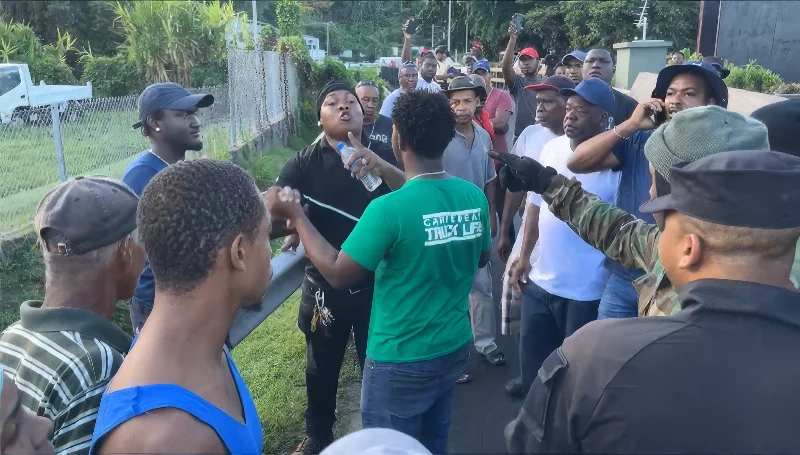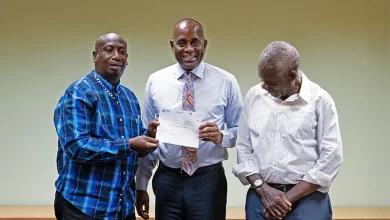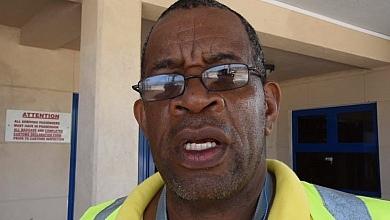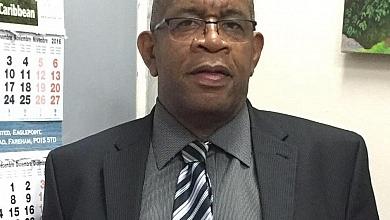The Right to Freely Assemble at Public Meetings Has Been Threatened…

The recent decision delivered by Justice Colin Williams in the Durand, Martin and Daisy case, should be of grave concern to all Dominicans. Many may recall that in December of 2018, there were viral videos circulating in Dominica, which showed police officers throwing tear gas canisters into a crowd of peaceful civilians in the city of Roseau. The civilians had gathered to discuss the need for electoral reform to protect democracy. The group included people of all ages- the young and the elderly.
In an attempt to obtain justice, following the attack, the Claimants filed a mixed constitutional and tort claim. During the trial one police officer said that he chose not to control traffic at the meeting site because he believed that the gathering was illegal.
The recklessness of the police in refusing to perform their duty appears even more egregious when one [considers] what transpired earlier that day. The participants were in fact prevented by police barriers from accessing the venue originally planned for the meeting and so decided to meet at a nearby but busier street. It is obvious that the decision of the police to use excessive force against a peaceful assembly on that day was motivated by an erroneous belief that prior permission is needed to hold public meetings.
The right of persons to peacefully assemble without interference from any state or non-state actor, has been internationally recognized in treaties such as the International Convention on Civil and Political Rights. Dominica is a party to the ICCPR. The Human Rights Committee has called on states to allow peaceful assemblies to take place ‘without unwarranted interference’, ‘to facilitate the exercise of the right and to protect the participants’. We submit that the recent high court decision should alarm all Dominicans because:
- Every single person in Dominica, at one time or another, may want or even need to attend a public meeting. This meeting may be organized to discuss and bring attention to a particular cause; whether it relates to religion, race, gender, age, politics, nationality or some other factor. Our right to meet publicly and to exchange ideas cannot and should not be dependent on whether one (1) man says yes or no. This is in my opinion absolutely unacceptable.
- Giving one man or woman such excessive and overreaching control is a dangerous threat to democracy. For democracy to survive persons must be free to hold public meetings so as to communicate to and with as many people as possible. It is not everyone who is able to afford airtime on the radio or television station. Public meetings on street corners have traditionally been used by the poor and oppressed to speak up against injustice. Through public meetings various social groups are able [to] foster solidarity while promoting and disseminating their beliefs. These meetings facilitate the exchange of ideas and workshopping of solutions.
- I am not casting aspersions on the person who currently holds the office of Commissioner of Police. However, if hypothetically speaking, this office is one day held by an authoritarian biased villain who arbitrarily refuses to grant assembly permits to groups that he or she personally dislikes, what would our society look like? Is this the kind of Dominica that anyone would want to live in?
We believe that the learned judge made an error when interpreting the Public Order Act. In the recent past, we have seen multiple high profile cases where the decision of the trial judge was overturned by a Court of Appeal or the CCJ. These include the Marriette Warrington decision, the election treating case and the Blaircourt case to name a few.
It is important however that we keep members of the public informed on what is happening as we continue this legal fight through the appellate process. So far, a few members of the public have pledged their support. It is obvious that this case affects the fundamental rights of everyone present in Dominica.
Our ancestors fought long and hard for emancipation from slavery to give us the freedom that we enjoy today. We will continue to do everything within our power to ensure that this fight was not in vain. We will continue to advocate for the protection of constitutional and human rights in the Commonwealth of Dominica and we urge everyone to do the same.
This article is copyright © 2024 DOM767








